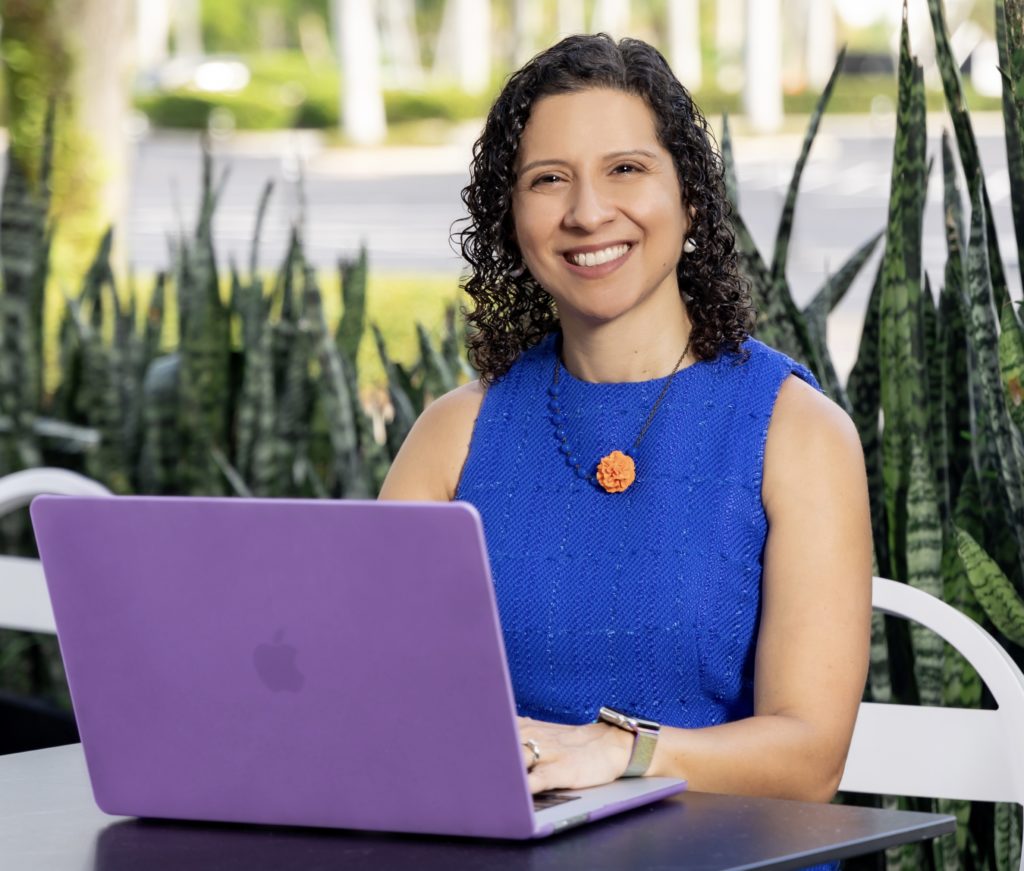
❝In the beginning, it is important to create momentum and take steps in the right direction. There are more opportunities and chances for collaboration when one is not married to a specific outcome. The magic is in the pivot.❞
– Sara Horowitz
THE BUILDING BLOCKS OF COLLABORATIVE DIVORCE
After more than a decade of practicing family law, Sara saw significant advantages to collaborative divorce and avoiding contested litigation whenever possible. While Sara has the requisite skills and experience to represent clients in contested litigation, she prefers to concentrate her efforts on resolving cases collaboratively.
Couples who wish to avoid litigation can choose to resolve their entire divorce through the collaborative law process, which is cost-effective, civil, and constructive. Collaborative practice is an option for couples to settle disputes respectfully and equitably without having a judge decide their case.
Collaborative divorce is designed to enable spouses to retain greater control over the outcome by committing to voluntary, non-adversarial, and flexible negotiations with the goal of reaching a mutually acceptable agreement outside of court.
Collaborative practice brings together family members to successfully negotiate resolutions. The goal of collaborative practice is to help divorcing and separating couples focus on their most important goals, especially the children, throughout the process. The end result is a more efficient and productive way to work out disputes.
At its core, collaborative divorce helps divorcing couples lower costs, lessen conflict, and maintain control over decisions affecting their lives and the lives of their children. This process can build a foundation for a healthier relationship after the divorce since spouses learn to work with each other rather than against each other. This helps the spouses exponentially in their ability to successfully coparent, which in turn benefits the children.
In a collaborative setting, there is a spirit of cooperation, transparency, and compromise. The most successful negotiated agreements tend to be those that meet at least some of the needs of both parties. Collaboratively trained attorneys will explore a range of options that might work in building a satisfactory settlement. The professionals and spouses all work together to option build and find a middle ground that both spouses “can live with.”
Specifically, collaborative practice utilizes a team of interdisciplinary professionals, including two collaboratively trained attorneys, a neutral financial professional, and a neutral facilitator (who is a licensed mental health professional). The professionals model constructive communication and behavior for the spouses, and all negotiations occur in informal team meetings. Threats, positioning, intimidation, and the like are discouraged in collaborative practice and will not be tolerated since doing so is counterproductive to a successful settlement.
Collaborative practice is future-focused and the professionals work to ensure the spouses do not dwell on the past. The collaboratively trained attorneys advocate for their clients but are not litigious or adversarial. The spouses agree to work together and to be open, honest, and disclose all relevant information. For instance, the neutral financial professional works with both spouses to assist in determining equitable distribution of their marital assets and liabilities, business valuation, and future financial obligations rather than going through a formal discovery process. Meanwhile, the neutral facilitator advances the process of communication and option building during the interest-based negotiation with the spouses. The facilitator also works with both spouses to devise a parenting plan that is in the best interest of both spouses and most importantly, the children.
TEN ADVANTAGES OF COLLABORATIVE DIVORCE
- Collaborative Divorce is more predictable, less time consuming, expedited, and less expensive than a traditional courtroom divorce.
- Collaborative Divorce respects the fact that family relationships continue following a divorce as the eventual settlement creates fundamental building blocks to an ongoing, healthy relationship for all parties.
- Collaborative Divorce is about establishing a new structure and routine for the family, which provides a sense of normalcy.
- Collaborative Practice promotes respect and keeps spouses in control of the process and final agreement, as opposed to the court and judges.
- Collaborative Divorce minimizes conflict because it helps couples divorce in a more cooperative and friendly way. The result is less animosity and better outcomes for the spouses and their children.
- Collaborative Divorce may result in a win-win settlement. Both spouses usually end up getting a portion of what they want without the interference of a judge.
- Collaborative Divorce is confidential. The proceedings and settlement are private.
- Collaborative Practice can be utilized for different types of family law actions, including divorce, paternity, child support, adoption, name change, prenuptial agreements, postnuptial agreements, relocation, and/or modification of a final judgment.
- Collaborative Divorce addresses each couple’s unique concerns, rather than litigation, which is driven by the general rule of law meant to apply to all. It lays the foundation for customized, tailor-made solutions.
- Collaborative Divorce can create a framework for short- and long-term goals that will be most beneficial to you and your family. Collaborative law is about working towards an outcome that is both resilient and reflective of your needs.
Sara knows the value of legal support and expert representation regarding a sensitive issue like divorce. She takes genuine care to be helpful and takes the time to educate clients on their options. She is a highly skilled family lawyer who is dedicated to upholding the law and delivering successful results for clients.
Sara prides herself on being honest, reliable, and committed to her client’s case. If you want to pursue collaborative law in your divorce or family law matter, contact Sara Horowitz Law. She can review your situation in-depth and help you decide whether it is the best, most advisable approach for you.
SCHEDULE A FREE, CONFIDENTIAL CONSULTATION TODAY!



